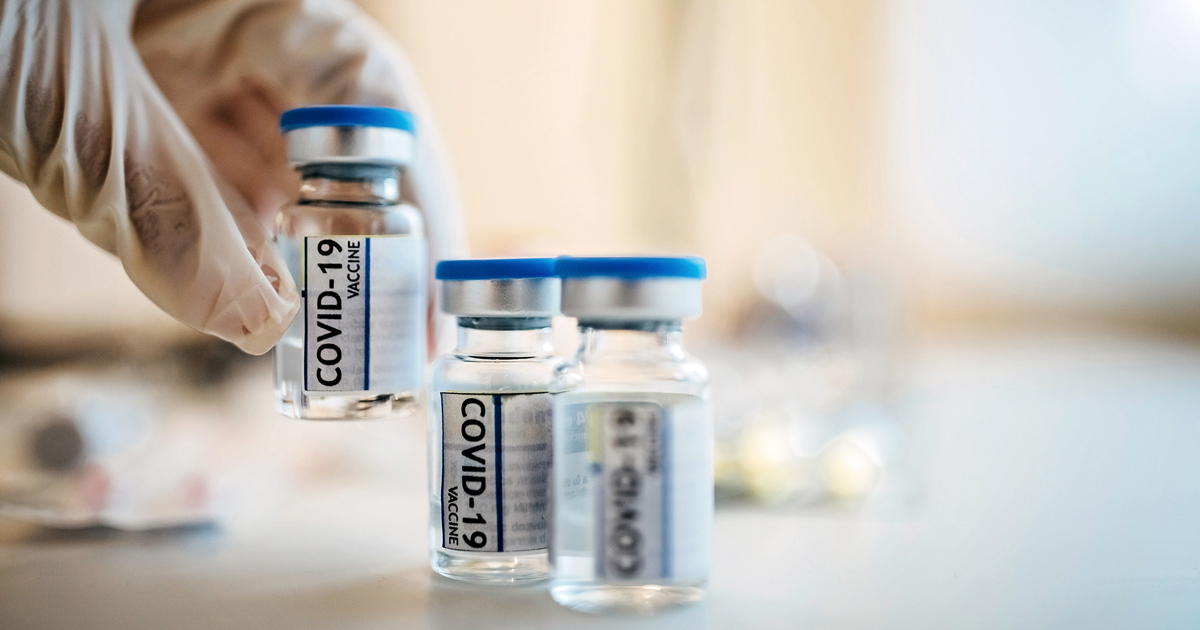The one-dose Johnson & Johnson vaccine

On Feb. 27, the FDA issued an emergency use authorization for the third COVID-19 vaccine. The latest vaccine is an adenovirus vector vaccine created by Johnson & Johnson.
The Johnson & Johnson vaccine is a one-dose vaccine – you don’t need to return for a second dose as you do with the Pfizer and Moderna COVID-19 vaccines. The Johnson & Johnson vaccine takes 14 to 28 days for your immune system to respond and develop protection.
The Johnson & Johnson vaccine delivers DNA (not mRNA) to your cells to make the spike protein. An adenovirus acts as a delivery vehicle, carrying coronavirus genetic material (DNA). The adenovirus delivers the little piece of DNA to the cell that will then make the spike protein. After your cells make the spike protein, your immune system creates antibodies toward the spike protein, protecting you from infection. The adenovirus vector (a cause of the common cold) has been modified so that it cannot replicate and is thus harmless (even for those who are immunosuppressed).
Side effects from the clinical trial
Will the Johnson & Johnson vaccine give you COVID-19? No, but as with other vaccines, you may feel some side effects. These side effects show that your body is reacting normally. However, many people have little or no reactogenic symptoms. Don’t misinterpret this – it does not mean that you are not gaining protection.
Side effects for this vaccine seem less common than with mRNA vaccines. In the clinical trial, half of the participants had a sore arm from the vaccination. After the shot, 38% of people felt fatigued and 29% had headaches. Only 9% of people experienced a fever. In the vast majority of persons, these symptoms were mild and self-limited.
Over 43,000 people participated in the phase 3 clinical trial. It was a randomized, double-blind and placebo-controlled study (meaning it was very rigorous and well-conducted).
Johnson & Johnson vaccine efficacy
The vaccine is over 85% effective at preventing hospitalization, severe disease and death across all countries studied (at least 28 days after vaccination). After 49 days, there were no severe cases at all.
In the United States, the vaccine was 72% effective at preventing moderate to severe disease 28 days after vaccination. Again, none of the persons who received the vaccine developed severe disease requiring hospitalization or died from COVID-19.




